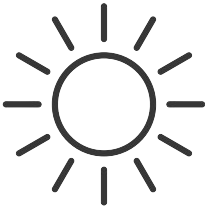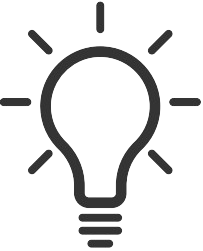Get a quote for

Get up to 4 quotes from our selected suppliers by filling in our form

Save money by getting quotes from our installers and comparing prices yourself

Our quote is 100% free and there is no obligation to accept any of them
Sunlight Hits the Solar Panels
Conversion of DC to AC
Distribution to the Home
Powering your home
Excess Energy Management









1. Fill in our simple form above
2. Receive a call from our installers
3. Book a site survey
4. The design process
5. Choose your quote
6. System installation
7. Test & demo
At MySolarPower, we provide expert domestic solar panel installation services, helping UK homeowners reduce energy costs and their carbon footprint with sustainable, high-quality solar solutions.
We offer professional commercial solar panel installation services, enabling businesses across the UK to lower energy expenses and enhance sustainability with efficient, tailored solar solutions.
We specialise in comprehensive solar panel installation services, delivering customized, energy-efficient solutions to homes and businesses across the UK for sustainable and cost-effective energy.
We provide reliable solar panel maintenance services, ensuring optimal performance and longevity of your solar energy system with regular inspections and expert care across the UK.
We carry out professional solar panel cleaning services across the UK, maximizing your system’s efficiency and energy output by removing dirt, debris, and other obstructions.
We can help guide you on the various solar panel grants and funding options, making it easier to invest in renewable energy with financial support for sustainable installations.

A solar panel company you can trust
We want your solar panel experience to be as easy as possible. That’s why all of our approved contractors install Solar PV systems in line with MCS Cerification and best practices.
So you can rest assured that you are only investing in the best solar PV products,
installed by certifies expert installers.
MySolarPower contractors have helped more than 100,000 homeowners in the UK save money on their energy bills

Join our network of approved installation contractors in the UK
We take pride in matching our customers with the right product suppliers. It is free to sign up as a supplier, with no subscription costs or hidden fees. You’re in charge. Only pay for the leads you receive.

Website by GrowRoom